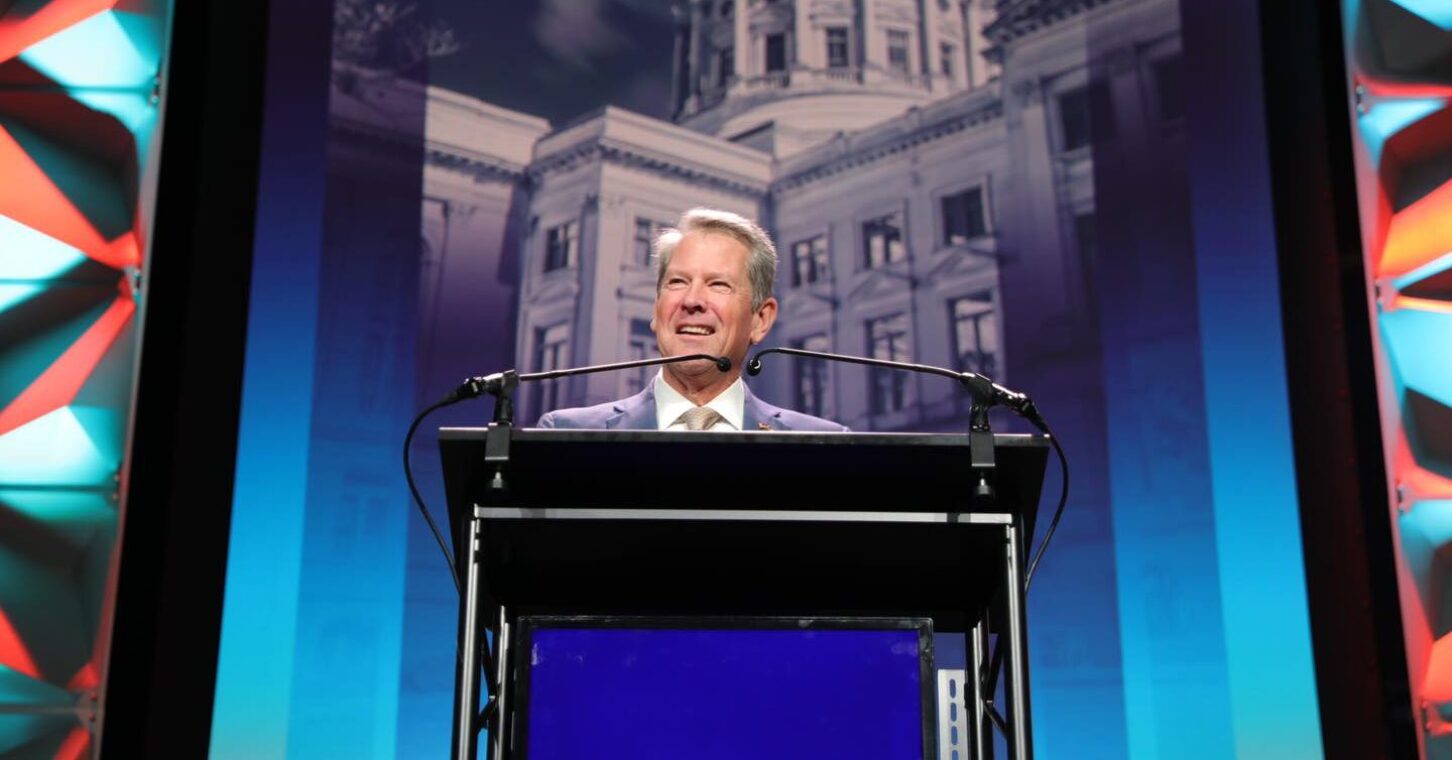
Teachers hear the morning bell ringing on the first day of school. Baseball players hear the thump of the first pitch hitting the catcher’s mitt on opening day.
Public-policy folk hear the crack of the gavel slamming down to launch a new session.
The sounds and sights of these beginnings connote a fresh start, a blank slate – in a word, possibility.
This sentiment is even more palpable at the start of each two-year term for the Georgia General Assembly. You have freshman legislators, full of ideas and campaign promises, learning the daily rhythm. There are pages and new aides still finding their way around the building. All the lobbyists think their bills might pass, and all the reporters are poking around to discern which of them are right about that.
The time for cynicism, celebration and dejection, and above all, relief that it ended – that time will arrive by late March. For now, optimism abounds.
This is different from the start of the second year of a term. The Capitol players then arrive as if leaving the locker room after halftime: clear-eyed about their opponents, reinvigorated by new tactics, steeled to protect any advantage they gained in the first half.
For now, everyone’s still on Plan A.
First days also vary according to gubernatorial life spans. The freshest start coincides with the inauguration of a new governor, compounding the sense that something truly novel and important might happen. That’s followed by the opening of a governor’s second term, with stores of political capital newly re-stocked yet stamped with shorter shelf lives. Then comes the biennium before a re-election campaign, when the governor and his allies choreograph the action so that it builds toward an argument to voters for a second term.
Unique compared to all of those is the onset of a governor’s final biennium, which is what faces us this week.
There is urgency for the incumbent; time’s almost up. Yet, the would-be successors are already circling, laying down markers and seeking to bolster their cases for higher office. Other Gold Dome denizens know there are exponentially more factors for whatever they might be trying to achieve, as important players will view every measure through the lens of the primary election roughly 16 months hence.
Second terms aren’t guaranteed, and the present situation is rarer still because we have a governor wrapping up a second term who all observers expect to run for another office soon. Will it be the U.S. Senate in 2026 or the presidency in 2028 that Brian Kemp seeks? Everyone has their guess, but no one suggests the answer will be “neither.”
Incredibly, Kemp is Georgia’s first governor to be finishing a second consecutive term while clearly eyeing future elected office.
The word “consecutive” is somewhat operative, since the state Constitution didn’t allow for back-to-back four-year terms until the tenure of George Busbee, who served from 1975 to 1983. Still, Busbee didn’t run for office after his second term; neither did his successor Joe Frank Harris, nor Zell Miller, nor Sonny Perdue or Nathan Deal. Miller was appointed to the U.S. Senate when Paul Coverdell died in office, but he only finished Coverdell’s term. Perdue has served as U.S. Agriculture Secretary and Chancellor of the University System of Georgia since ending his time as governor, but neither post is elected. (Roy Barnes lost his re-election bid in 2002, then ran unsuccessfully for governor in 2010.)
A friend with a longer memory confirmed that the last Georgia governor of any tenure to seek another office was the late Jimmy Carter, who of course won the presidency. He left the Governor’s Mansion 50 years ago, so it has been a while.
All of which is a roundabout way of saying no one quite knows how this particular governor’s fourth and final biennium might play out. We truly have a blank slate before us.
